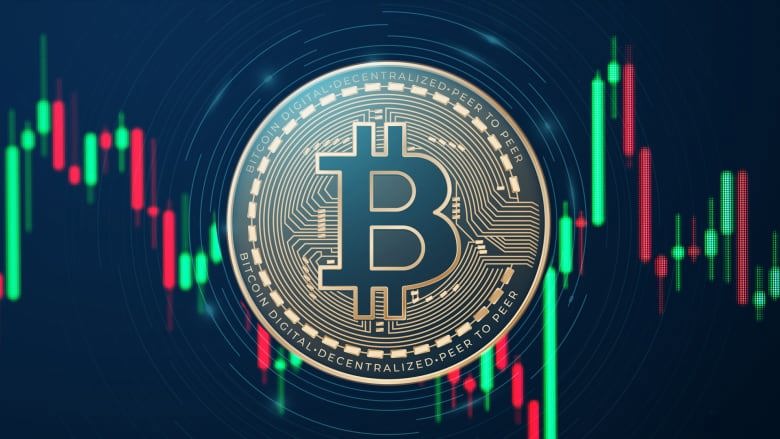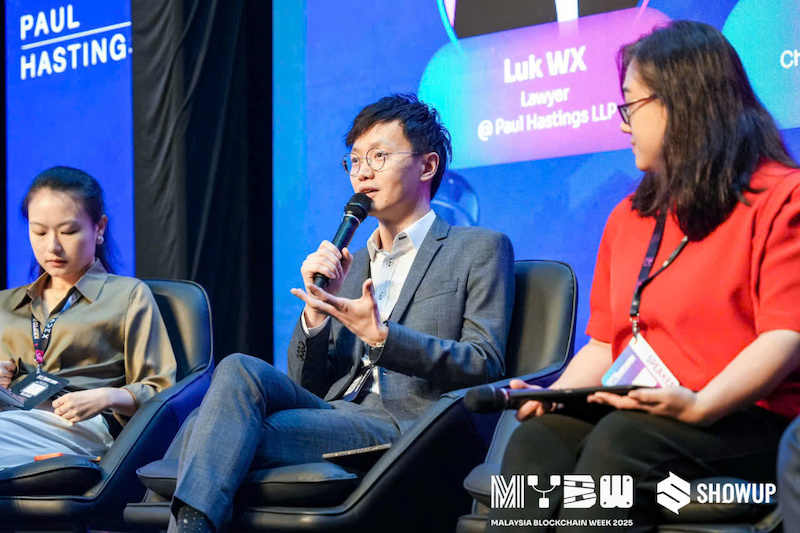Law on Digital Technology Industry Marks a New Era of Blockchain Maturity
For the first time, Vietnam has officially legalized digital assets through the Law on Digital Technology Industry, setting the foundation for a regulated and transparent virtual asset ecosystem.
Mr. Perry Wong, Chief Compliance Officer of ViaBTC Group
In the interview granted to our reporter, Mr. Perry Wong, Chief Compliance Officer of ViaBTC Group, discusses what the new regulatory framework implies for investors, businesses, and the larger blockchain sector in Vietnam. From regulatory stability to enforcement issues and future innovation, Mr. Wong explains how this law would position Vietnam for long-term digital development.
How do you evaluate the fact that digital assets are legalized for the first time in the Digital Technology Industry Law?
The legalization and explicit explanation of digital assets in the law will bring much-needed regulatory certainty. This is extremely important. When businesses are unsure whether their activities are legal or compliant in a given country, they may hesitate to establish operations there.
Now, with legalization and a licensing regime in place, businesses will have clarity on what products can and cannot be offered. They will understand what is required, what is permitted, and how to structure their business models in Vietnam. This allows them to start planning accordingly.
This move will encourage innovation, create jobs, and bring knowledge into Vietnam. It will also attract both domestic and foreign investment. Overall, I believe this is a highly positive step forward in legalizing virtual assets.
Furthermore, when you consider neighboring countries like Singapore, Malaysia, and Thailand, they already have regulations and legal frameworks for virtual assets. Vietnam’s move helps elevate its position to regional standards. Overall, I think this is a very positive development for the country.
What are the most notable new points for virtual asset service providers (VASPs)?
For VASPs, including exchanges, trading platforms, OTC desks, and custodians, there will be new challenges. The law will introduce clear roles and requirements, such as capital adequacy standards and insurance obligations to protect investors.
There will also be anti-money laundering (AML) measures and risk control mechanisms to safeguard the integrity of Vietnam’s financial system. These compliance and licensing requirements will increase operational costs in Vietnam, but they are essential. They help preserve market integrity, user assets, national security, and Vietnam’s reputation in the global financial community.
If there are no regulations, illicit money can flow freely into the country, which would damage Vietnam’s international standing.
What I find particularly interesting is how the Vietnamese government will approach the use of regulatory technologies (RegTech), supervisory technologies (SupTech), and AI in compliance. If such technologies are not allowed, compliance tasks will have to be performed manually by human staff, driving up labor costs.
However, if these technologies are embraced, they could help reduce costs significantly. This will be a key development to watch.
What are your expectations for a transparent and officially supervised digital asset ecosystem in Vietnam?
I expect stronger trust from investors and users in both the country and the region, along with more effective legal enforcement.
With clearly defined supervisory criteria, the largest regulated exchanges in Vietnam can help lead the ecosystem. Supervised exchanges will promote accountability and earn the trust of local users. At the same time, institutions—both in Vietnam and abroad—will feel safer and more confident entering the digital asset investment space.
Ideally, this regulatory clarity and transparent framework will help Vietnam emerge as a regional digital asset hub for compliance, welcoming new businesses to the country.

What is ViaBTC’s orientation to leverage opportunities from the Law on Digital Technology Industry?
ViaBTC Group is widely known for our mining pool—we are the third-largest Bitcoin mining pool in the world. But that’s not all we do.
Beyond mining, we provide a wide range of technical expertise and advisory services. We’ve developed an entire ecosystem that includes wallet solutions (both cold and hot), blockchain infrastructure, and trading products. We have over nine years of experience in this space.
Our approach to leveraging the new law is focused on compliance and partnership. We are committed to observing how the law unfolds to identify new opportunities—not necessarily from the exchange or trading angle, but more from collaboration with both private and public sectors. We want to help Vietnam build better infrastructure, where we can offer our expertise in a win–win manner.
We’re also looking forward to participating in sandbox initiatives, testing new products, and offering advice wherever we can contribute.
In your opinion, what is the biggest challenge after the Law on Digital Technology Industry takes effect in early 2026?
The biggest challenge will be enforcement. Having a law is one thing, but having the mechanisms to police it is another.
When financial crimes occur, law enforcement agencies will need to upgrade their skills. They will’ll have to investigate blockchain activity, identify suspects based on blockchain data, connect this information to real-world identities, and use blockchain evidence in court to determine guilt or innocence.
This will be a new frontier in law enforcement and will require extensive training. In addition, implementing the policy will be challenging. Initially, there may be a strict approach, followed by ongoing adjustments, relaxing or tightening certain aspects depending on real-world outcomes.
Still, having a legal and licensing framework in place provides regulatory clarity. The key lies in refining and adapting this framework to make Vietnam more competitive globally.
There will be hurdles and difficulties, but that’s a natural part of transitioning—from no regulation, to new regulation, to mature enforcement. It’s a steep learning curve, but it’s the right path. The law will come into effect in early 2026, and while challenges are inevitable, I believe the country will manage well, just as other nations have.

How will you see the future of the blockchain sector in Vietnam when the Law on Digital Technology Industry is put in place?
That’s an interesting question. From a regional and global perspective, Vietnam is relatively late in introducing virtual asset regulations. However, this timing offers an advantage. Vietnam can now learn from the mistakes and issues faced by earlier adopters—such as the collapse of FTX, various scams, or the failures of banks like Silvergate and Signature.
By entering now, Vietnam can take a more mature, informed approach to regulating the digital asset market. We’ve already seen developments like Bitcoin, decentralized finance (DeFi), meme coins, and more. But today, the industry is evolving toward more mature innovations such as stablecoins and real-world assets (RWAs).
This is a great time for Vietnam to get involved. The next major phase in blockchain innovation will be the integration of blockchain with traditional financial infrastructure, boosting the speed and efficiency of financial systems.
That’s where I see Vietnam heading, and I believe the new law will help the country position itself at the forefront of this transformation.
Thank you so much!









